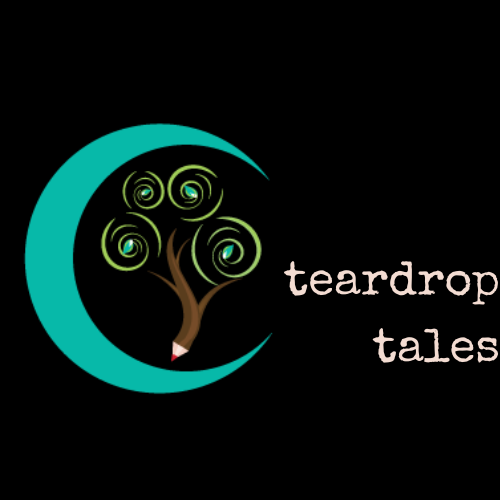The allure of being amidst natural wonders evokes an inexplicable feeling that soothes our souls. The rustling symphony of the forest, the earthy aroma of trees, and the play of sunlight filtering through the foliage envelop us with a sense of comfort and tranquility.
But what exactly is this feeling that is so hard to put into words?
In Japan, there is a traditional practice known as shinrin-yoku, or forest bathing. In the Japanese language, “shinrin” translates to “forest,” and “yoku” means “bath.” Therefore, shinrin-yoku refers to immersing yourself in the forest atmosphere and absorbing the natural surroundings through your senses.
In this blog, we will delve into the healing power of forest bathing and explore how it can offer you an escape from the rigors of modern life.
Table of Contents
- What is Forest Bathing?
- The Science Behind the Healing Power of Forest Bathing
- Forest Bathing Benefits
- 8 Forest Bathing Tips
- Top 10 Places to Go Forest Bathing in the United States
What is Forest Bathing?
Originating in Japan during the 1980s, forest bathing is a meditative practice encouraging a deeper connection with nature. Unlike hiking or exercising, the purpose of forest bathing is not to reach a particular destination. Nor is it to engage in vigorous physical activities.
Instead, it involves slowly walking through the forest, embracing the surrounding sights, sounds, scents, and textures. The emphasis on mindfulness sets forest bathing apart from a typical nature walk.
You are encouraged to leave behind the stressors of everyday life and be fully present in the moment. As you do so with all your senses engaged, you’ll begin experiencing nature’s therapeutic benefits.
The Five Senses in the Forest
Forest bathing prompts you to engage all five senses while in the woods. Here’s how each sense contributes to the healing experience:
- Sight: The visual richness of the forest offers a feast for the eyes. Whether it’s the vibrant hues of green leaves or the graceful movements of wildlife, the forest provides a refreshing visual break from the urban landscape.
- Sound: The natural sounds of the forest, such as chirping birds and trickling streams, create a soothing auditory backdrop. These sounds have a calming effect on the mind, drowning out the noise pollution of city life.
- Smell: The diverse array of scents in the forest can evoke feelings of happiness and relaxation. From the earthy aroma of damp soil to that of pine, these scents can trigger pleasant memories.
- Touch: The texture of the forest floor provides tactile sensations that reconnect individuals with the physical world. Not to mention the roughness of tree bark and the softness of moss underfoot foster an immersive experience.
- Taste: Forest bathing may also involve the practice of wild foraging. It’s when you can safely sample edible plants like berries or herbs. This practice adds a delightful culinary dimension to the forest experience.




